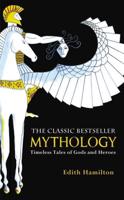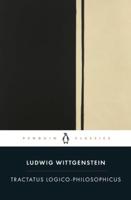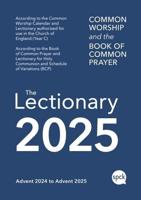Publisher's Synopsis
In No Professor's Lectures Can Save Us, John J. Stuhr utilizes the thought of American philosopher and psychologist William James to develop an original world view that addresses both enduring philosophical problems and contemporary cultural issues. Drawing on and illuminating the entirety of James's work, Stuhr explores James's psychology, his account of religious experience and his "will to believe" thesis, his pragmatism, his radical empiricism, his pluralism, and his writing on politics, democracy, and imperialism. Throughout, Stuhr engages the wide-ranging scholarship on James's philosophy and explores connections between James and the work of Bergson, Deleuze, Dewey, Peirce, Rorty, and Whitehead, as well as intellectual movements including contemporary democratic theory, positive psychology, and philosophical naturalism. After establishing the need to approach James's writings as intimately interwoven, Stuhr turns to each of James's major texts, including The Will to Believe, Principles of Psychology, Varieties of Religious Experience, Pragmatism, The Meaning of Truth, and Essays in Radical Empiricism. His focus throughout is practical, showing the concrete differences it makes in one's life should one take up a broadly Jamesian perspective across the "ever not quite" endeavors of our finite lives. "From this unsparing practical ordeal," James noted, "no professor's lectures and no array of books can save us." In this spirit, this book does not by itself, promise salvation. Instead, it is a master class not only in the philosophy of William James but in a new philosophy through James's thought.











